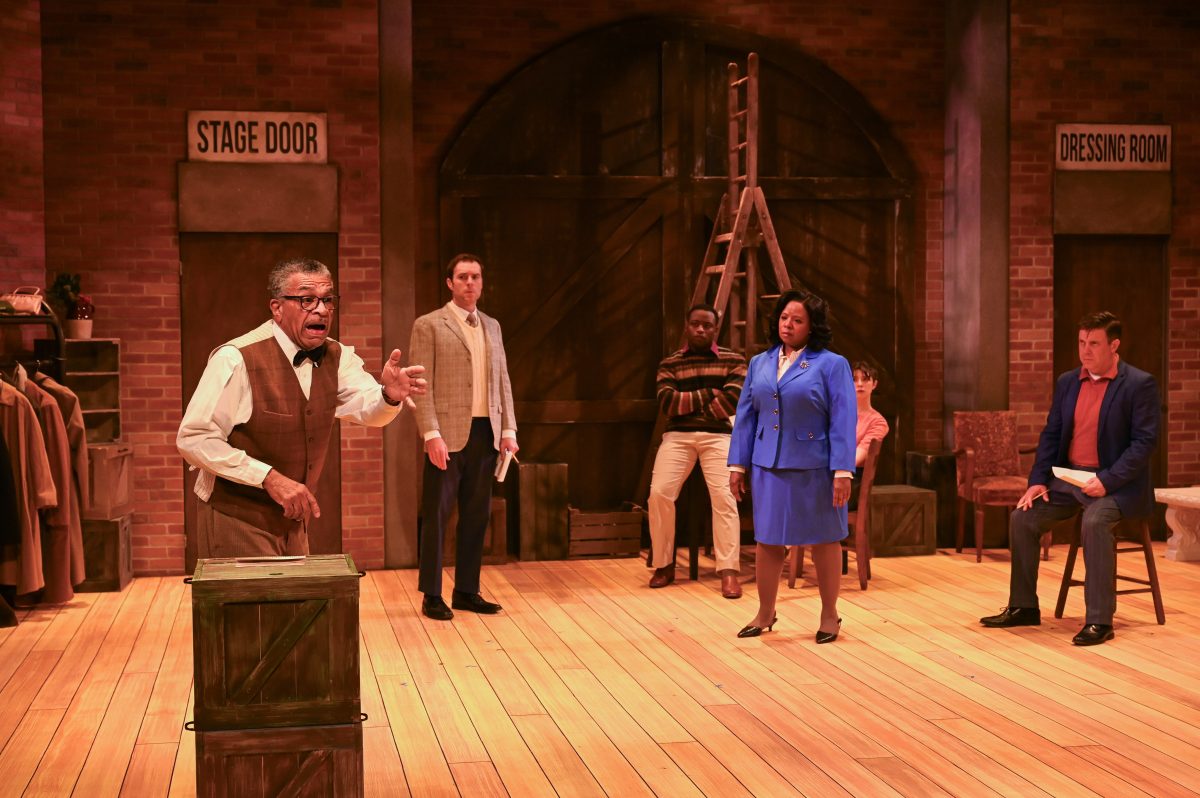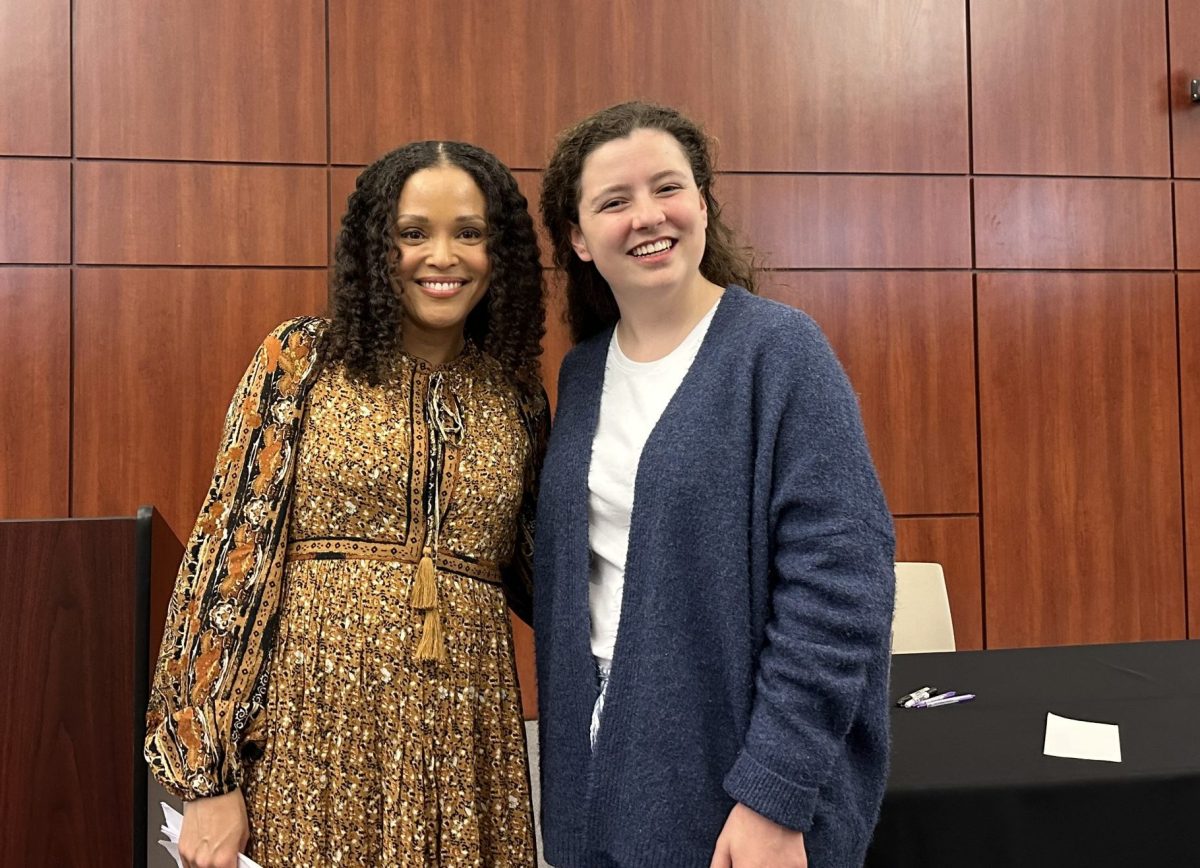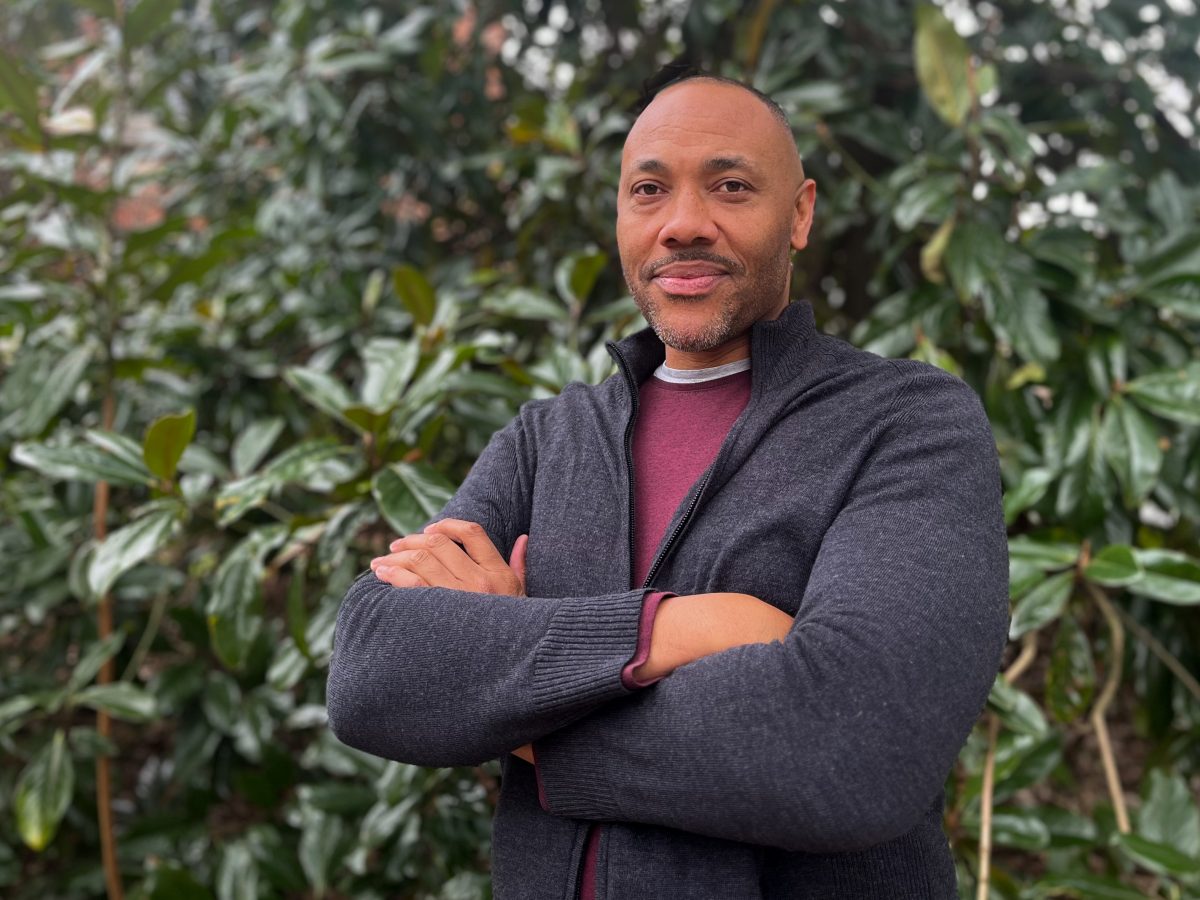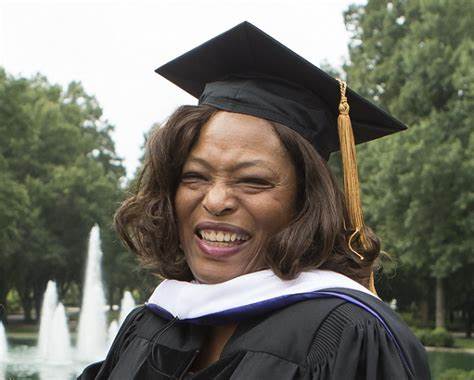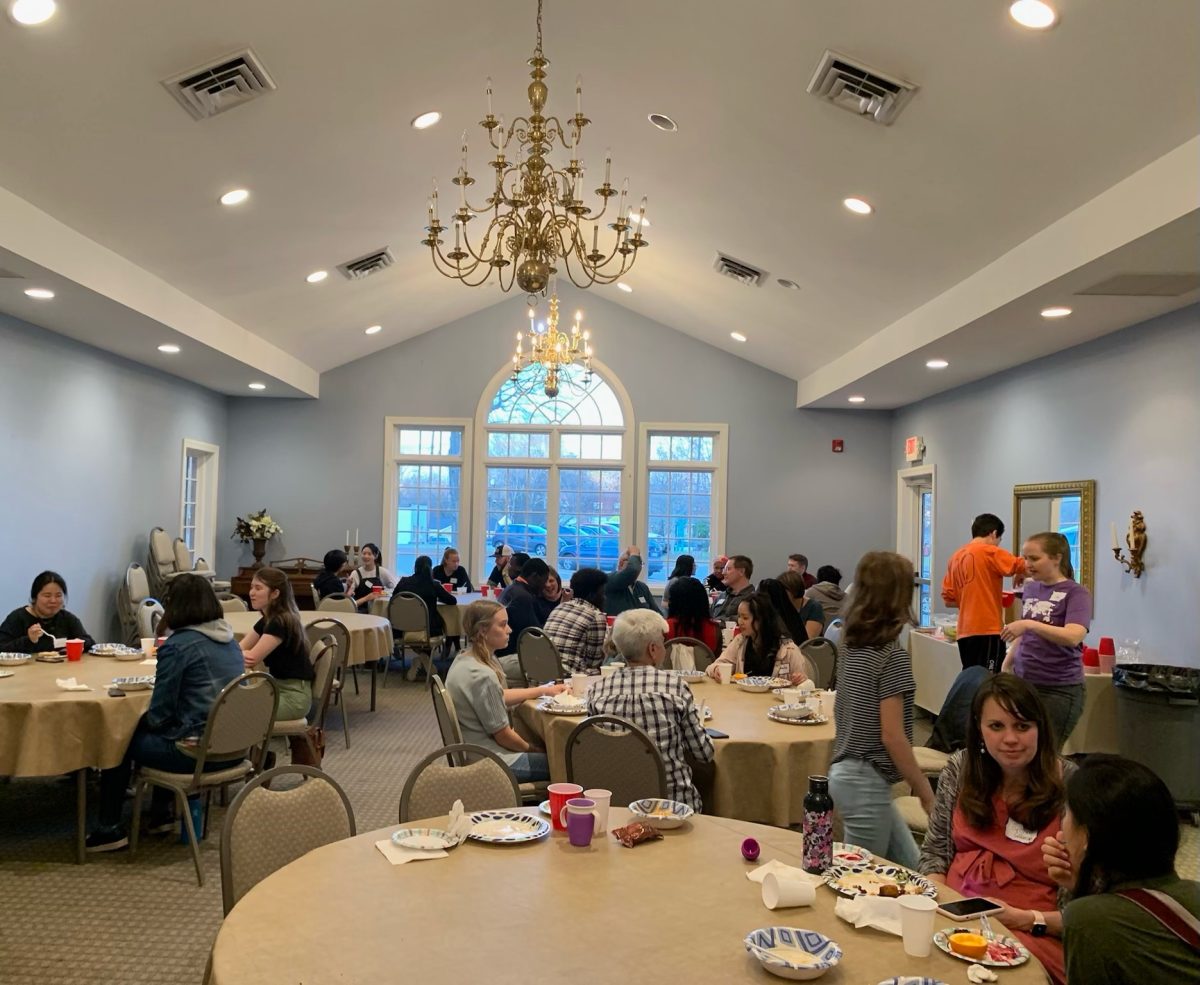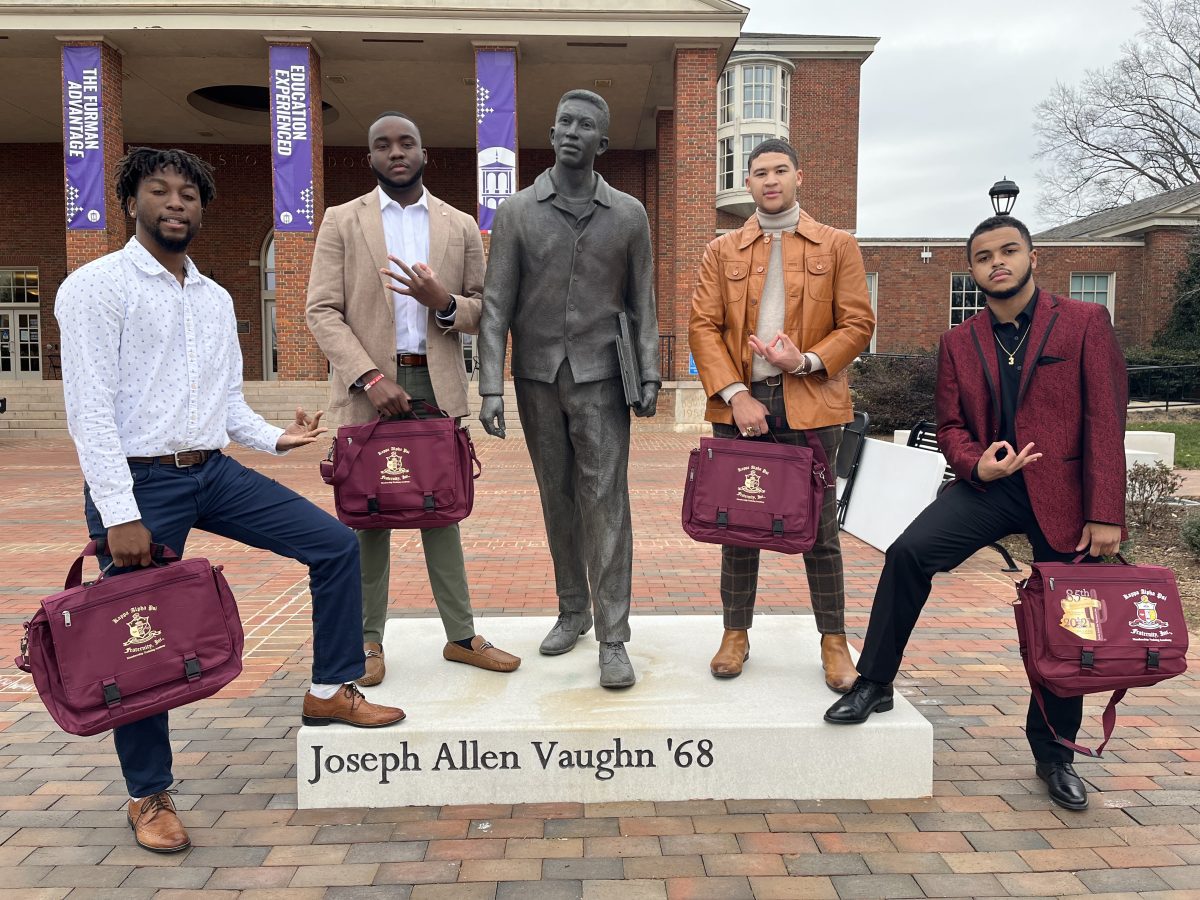Over the summer I watched Netflix’s Self Made, a historical drama based on the life of Madam C. J. Walker. I was amazed that this was the first time I had ever heard of the successful entrepreneur who left lasting impacts on the movements for both women’s and Black Americans’ rights. Madam C. J. Walker made the inequality of representation tangible to me, which is why I reached out to the author of her biography and great-great-granddaughter, A’Lelia Bundles. I hoped Bundles could help bring Madam C. J. Walker’s story to Furman through the easy-to-swallow Netflix series I watched, but the dialogue that followed cast light on a more nuanced problem than simply lacking representation.
Madam C. J. Walker’s story is one that highlights the drastic inequality of who is remembered in America’s history. As one of the first Black female entrepreneurs, it seems like Walker’s story deserves more than just a footnote. Her business, creating and selling haircare products for Black women, not only addressed inequalities in hygienic products but also provided many well-paying jobs for the post-Emancipation Black community. During the end of her lifetime, Walker’s philanthropy further supported the Black community, and today her legacy has been a lasting inspiration.
The Netflix series was often the first exposure to Walker for many white viewers. To many of those who had never heard Madam C. J. Walker’s name before, the series provided a crucial opportunity for introduction. However, Bundles shares that Walker’s story was mishandled. The inaccuracies and dramatizations of the entrepreneur’s life not only misrepresent the true story of Walker, but also harm her legacy.
The series seems to forget Walker’s activism and philanthropy in favor of screen time devoted to sexual tensions, colorism, and gambling that were not a part of the real story. This is best exemplified by the made-up antagonist, Addie Munroe, who replaces Walker’s real rival, contemporary entrepreneur and philanthropist Annie Malone. While the character injects drama through her colorist bias, she also disregards the history of yet another woman whose story and influence on Walker’s trajectory deserves to be known. Additionally, the show’s version of Freeman B. Ransom, Walker’s attorney, is a missed opportunity to portray an influential figure from history and in Walker’s life. For added drama, the show devolves the integrity of Ransom, insinuating that the attorney gambled to invest in Walker’s company, tainting his and Walker’s reputations. These misrepresentations are anything but harmless, because they distract from the real struggles and triumphs of the real roles these people played in history. What started as a conversation with Bundles for additional details on a series that I thought portrayed an exciting depiction of Walker, quickly evolved into a larger study of the harmful effects of misrepresentation in media.
This discussion with Bundles will extend to the Furman community through the upcoming Furman Justice Forum CLP, Madam C. J. Walker and Justice. I hope that this event initiates a conversation that questions the role of dramatization in historical accounts and the importance of accurate representation of Black stories. Perhaps most importantly, this CLP aims to encourage students to question the media that exists all around them and dive deeper into history to better understand the underrepresented Black stories that have shaped America. We must seek accurate representations of those who have shaped our world as we know it today and greatly diversify this narrative.
I also hope this event continues engagement with Black history and encourages dialogue about women’s history as we leave February and enter March. You can contribute to this conversation by registering to attend the CLP on Mar. 11 at 6:30. Furman Justice Forum will be showing Two Dollars and a Dream, a documentary that gives a more accurate account of Walker’s life. This documentary was created by Stanley Nelson, the grandson of Freeman B. Ransom, Madam C. J. Walker’s attorney. A’Lelia Bundles will also be sharing more about Walker’s work for social justice. These incredible sources will reveal the true story of Madam C. J. Walker and represent her in a truthful light.



















